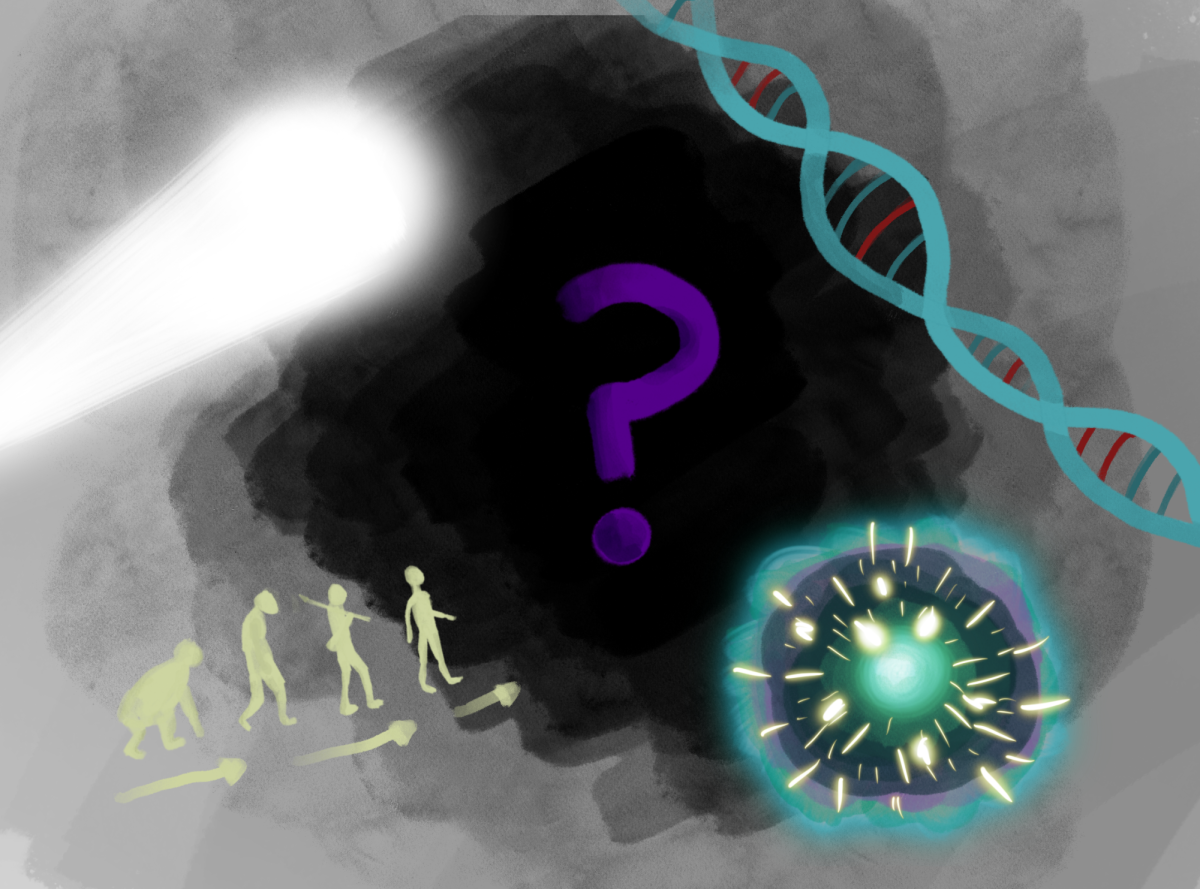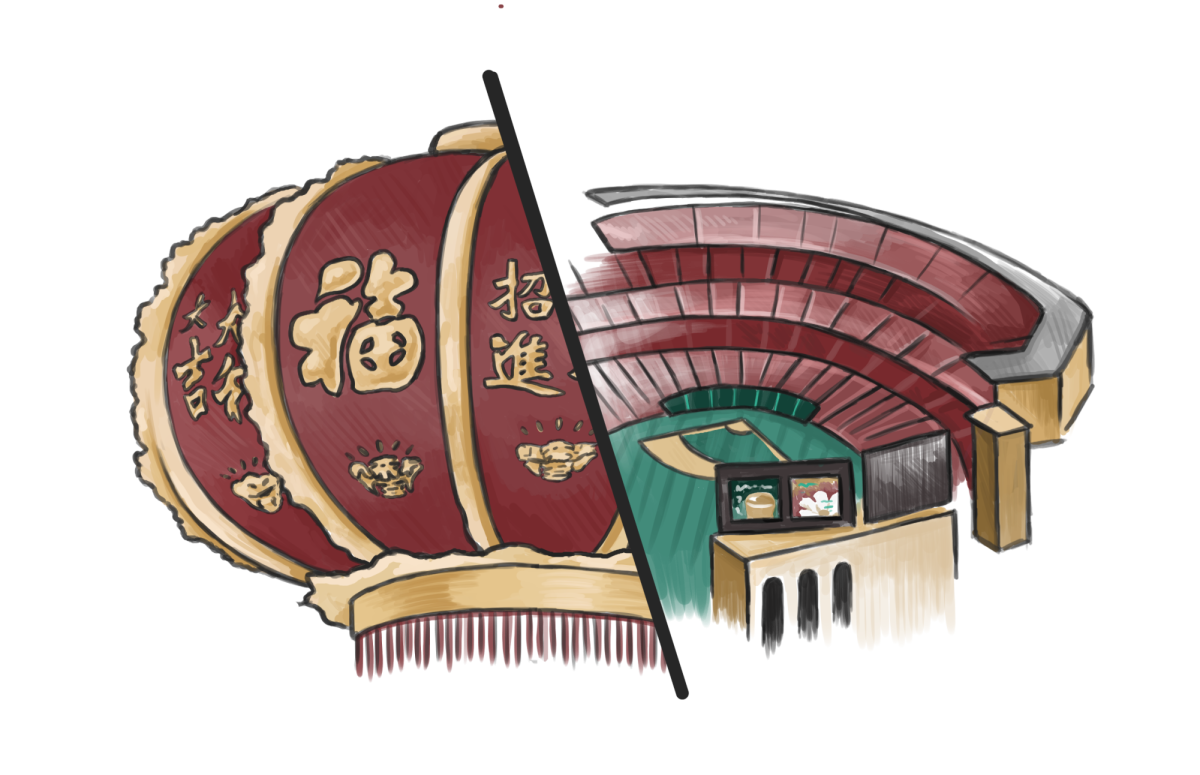Medieval Europeans were dumb. They were so dumb, we use the Middle Ages as a classic example of human idiocy even more than the caveman days.
They hunted “witches” and burned them at the stake, they thought that the Earth was flat, that the sun revolved around the Earth, that heavier things fell faster than lighter ones, that diseases could be cured through sucking all your blood out with leeches and that a magnet could be demagnetized with goat blood.
My personal favorite is that brussel sprouts could be “possessed” by demons. Just, imagine crawling out of the depths of hell, looking for things to possess, and then deciding on a brussel sprout.
Long story short, they sucked at science. They stumbled through life like blind men, oblivious to the true nature of the world around them. They were totally unaware that within a few hundred years, humans would land on the moon, that they would be able to send messages across every continent with the tap of a finger, or that medicine would advance so far that almost every child could grow up to be a healthy adult without dying at age four from entirely preventable diseases.
Worst of all, they demonstrated a stubborn unwillingness to change their beliefs, even in the face of damning evidence. For example, the famed medieval scientist Galileo Galilei got into legal trouble for attempting to show that objects of similar density would fall at the same speed regardless of actual weight, and was put under house arrest for using telescopes to prove that the solar system was heliocentric.
Of course, we modern, civilized humans are so much more intelligent than them. We know absolutely everything about the universe and there could never, ever be anything out there that could shake our world as we know it, right?
Wrong.
From the birth of the known universe to the genes that make us what we are, much of what we know is based on faulty assumptions and mysteries that, if answered, could revolutionize our perception of everything.
The Creation of the Universe
To put things very, very simply, scientists have long known that the universe is expanding. By looking through telescopes and noting that the galaxies were moving away from each other, they concluded that if we moved back in time, they would all get closer together. Therefore, at the very beginning of the universe, everything was concentrated in one tiny singularity before spectacularly exploding in “the Big Bang.”
Of course, not all scientists agree that the Big Bang ever even happened. But even assuming that it did (it probably did, right?) there are still an absurd amount of unknowns regarding how the night sky came to be.
For example, if everything existed as a tiny singularity before, why couldn’t it have just stayed that way? Why exactly did it explode? What was going on inside of it?
Even the simplest theories about why the Big Bang happened boggle the mind and defy the imagination. One of the most believable theories, the “Big Crunch,” states that the singularity was created because a previous universe was collapsing on itself and combined into one single point before exploding back out again. The problem with this, however, is that no one can quite explain how a previous universe could have been shrinking, and what that means for our own universe.
Each possible theory branches out into several different subtheories, every single one posing new unsolvable problems of its own.
Hopefully, as technology advances more and more, we’ll eventually be able to settle the debate on how the universe was born. And when that does happen, it will shake our knowledge of science as we know it.
Oh wait, I almost forgot to mention that time didn’t exist before the Big Bang. Silly me.
Genetics
If there is one single thing that the average person immediately thinks of when they hear the word “science,” it’s probably DNA.
You know, the spirally thing?
Short for deoxyribonucleic acid, it’s basically what decides, well, everything.
DNA can be split into chunks known as genes that code for each individual trait, such as height, bone structure, hair color, skin color, eye color and everything color.
Simple, right?
Of course not.
You see, we don’t actually know everything about DNA.
Within each gene, there are strings of nucleic base pairs known as “codons” that tell ribosomes to produce certain proteins. These codons are known as “exons.” However, there are also strings of codons known as “introns”, and they (as far as we know) do nothing. For the longest time, geneticists simply referred to them as “junk,” but it does not feel reasonable that nature, with all its brutal efficiency, would allow humans to tediously replicate and preserve large chunks of DNA that do nothing.
While there is much controversy regarding the purpose of the intron (or lack thereof), most scientists now agree that they must have some important, undiscovered purpose.
Regardless of what said purpose is (if there even is one), what is clear is that the intron represents a very loud, conspicuous blank in our understanding of genes, of life and of ourselves.
Conclusion
It cannot be denied that humans have come a long, long way. Each generation brings new and unforeseen innovations that catapult humanity further and further into the future. However, even in the backdrop of such growth, it is important to stay modest. From astronomy to epigenetics, the origins of life to the creation of the moon, we are still discovering new things all the time. Science is all about keeping an open mind about things we don’t know as well as things we already do, and it would do us well to remember that.









